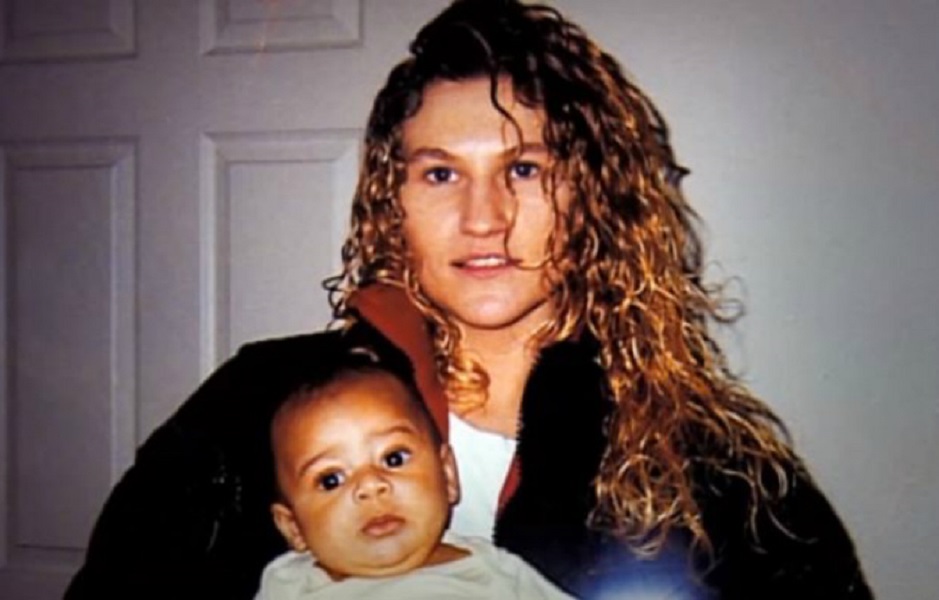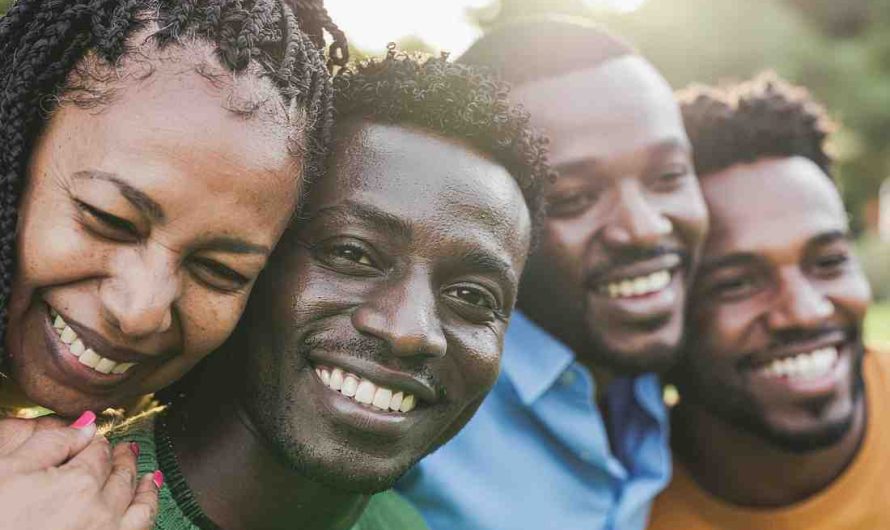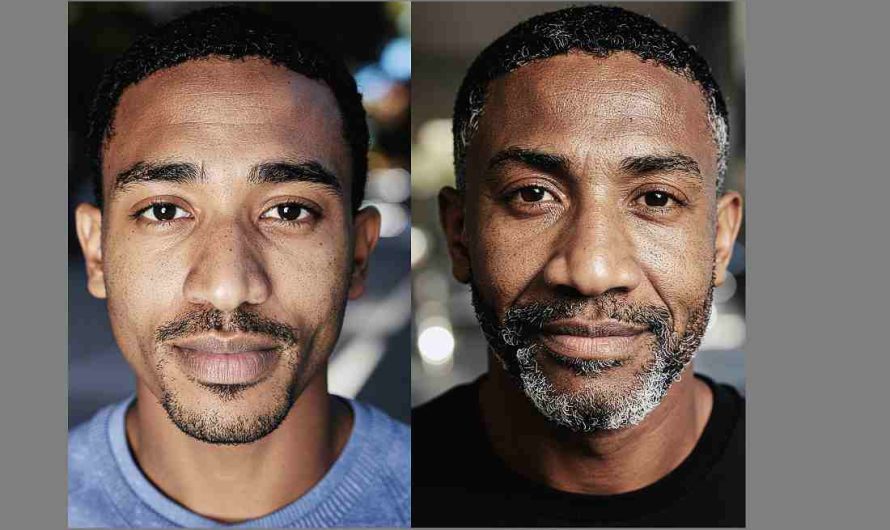
A human chimera is a person with two different sets of DNA. The condition is called chimerism and can occur in one of these two rare scenarios.
- When a woman is pregnant with fraternal twins and one of the embryos dies in the womb, causing the surviving fetus to absorb the cells of its deceased twin and ending up with two different sets of DNA.
- Chimerism can also occur following a bone marrow transplant where the donor’s bone marrow will start making new blood cells that have the donor’s DNA.
Origin of the name “chimera”
Chimera is the name of a fire-breathing female monster with the head of a lion, body of a goat and tail of a dragon. You can see the point now.
Human chimeras were referred to as “Hybrid Humans” in an NPR report.
Three real-life stories where a chimera situation messed up a DNA paternity test:
1. Case of a 34-year-old Washington man
In 2015, a 34-year-old American man from Washington was found to be his son’s uncle in a DNA paternity test, leading to massive confusion.
The parents whose names were never disclosed were forced to go for a paternity test after discovering that their son who was born through the help of a fertility clinic had blood type that didn’t match that of his parents.
They first used a DNA home test kit and the result came back negative, meaning that the man is not the child’s father. The couple instantly believed the fertility clinic might have made a mistake and had used the wrong sperm.
The disgruntled couple hired a lawyer who advised them to do another test, this time at an accredited lab, for the certainty of evidence. Again, the test was negative.
When the fertility clinic was confronted, they swore there is no way that kind of mistake could have occurred. Also, records at the clinic showed that the man was the only white male that supplied sperm at the clinic on the day of the insemination.
Not knowing what else to do, the couple approached Barry Starr, a renowned geneticist at Stanford University, who recommended they go a genetic ancestry test. When the ancestry test came back, it showed that the man is his son’s uncle and not his father.
And this is what led experts to believe the man must have been a human chimera who absorbed some of his DNA from a fraternal twin.
2. Karen Keegan’s Story
Another story where chimerism caused confusion in establishing a child’s true parents is the case of a 52-year-old woman named Karen Keegan who had renal failure.
Trying to help Karen, members of her immediate family underwent histocompatibility testing for possible organ donation. The results of the tests came back with a shocking detail – a suggestion that the woman could not have been the biological mother of two of her three sons.
With the woman’s consent, doctors proceeded with additional laboratory investigations. It was eventually discovered that the DNA in the woman’s blood was different from the DNA in her ovaries. Doctors finally ruled the case as an extraordinary example of tetragametic chimerism.
3. Lydia Fairchild Story
Karen Keegan’s experience helped to solve another similar case involving an American woman named Lydia Fairchild.
Lydia Fairchild, pregnant with her third child, had just separated from her partner, Jamie Townsend, and went to court for child support enforcement in 2002. As required by the law in her state, she had to submit DNA evidence proving that Townsend is the father of her children.
The test results did in fact prove Townsend as the father, but shockingly showed that Lydia Fairchild is not the children’s biological mother.
Lydia Fairchild was accused of fraud and dishonestly trying to claim child support benefits with other people’s children. There were also calls by prosecutors for authorities to take away her two children.
A judge ordered that Fairchild should give birth to her third child in close monitoring to ensure that accurate samples of blood are collected for another DNA test. Again, this test came back negative.
This was when her attorney realized this might be a similar case to that of Karen Keegan he recently read about in the news. When ancestry tests were done, the results showed that Lydia Fairchild is her own twin and that her children’s DNA results were accurate for their grandmother (Fairchild’s mother) but not for her.
Am I a chimera? How common is human chimerism?
Luckily, chimerism in humans is quite rare with only about 100 real cases or thereabouts recorded in modern medicine so far.


